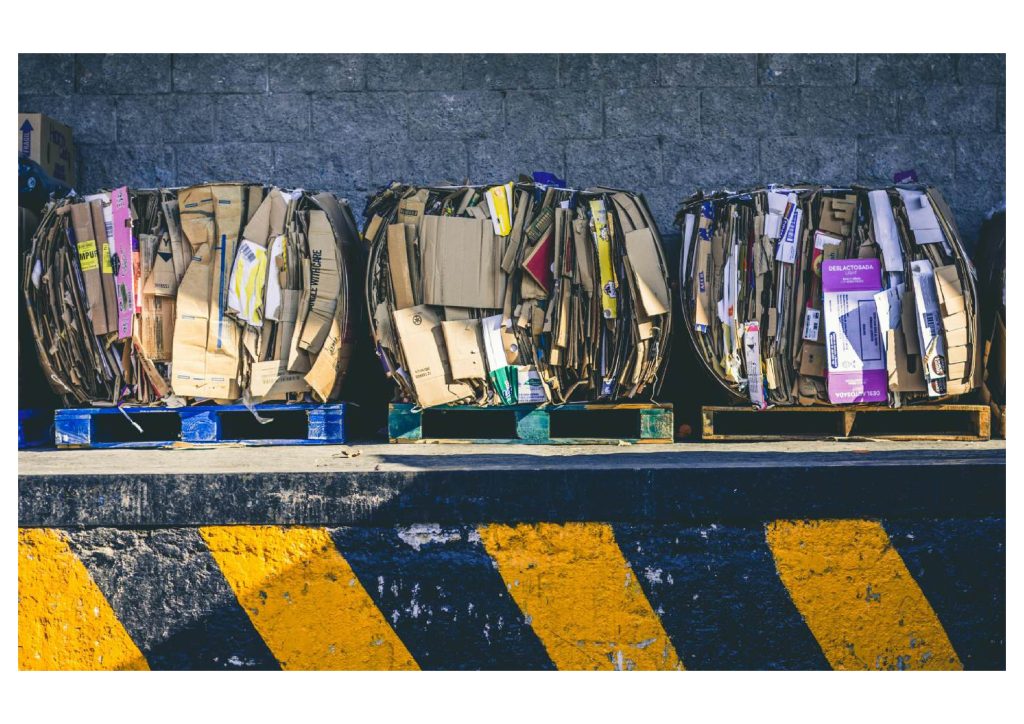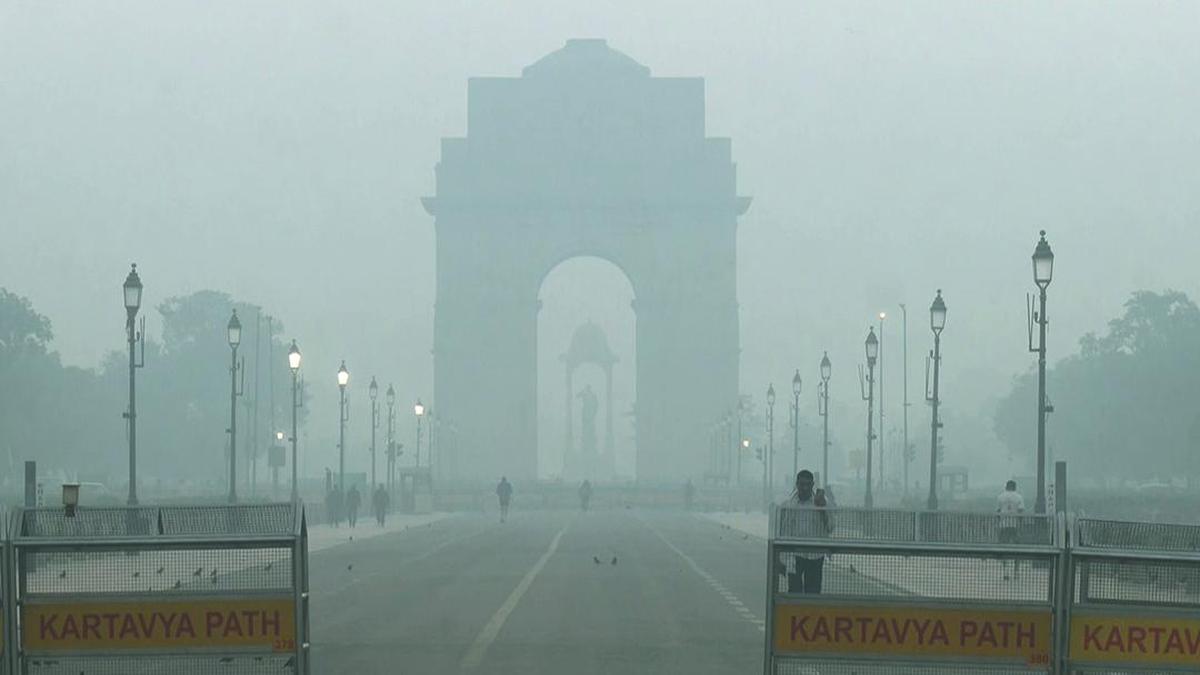Views
46

India’s commitment to sustainability is deeply intertwined with its ancient heritage. From the reverence for nature embedded in the concept of “Vasudhaiva Kutumbakam” (the world is one family) to traditional practices that promote ecological balance, the ethos of living in harmony with the environment has been passed down through generations. These principles have not only endured but evolved into a modern-day consciousness where sustainability is more than just a trend, its a reflection of deeply ingrained values.
This cultural foundation is mirrored in the choices of todays Indian consumers, who are increasingly embracing eco-friendly products and sustainable practices. By blending this centuries-old wisdom with contemporary innovations, India stands poised to lead by example in forging a greener, more sustainable future.
India’s cultural emphasis on sustainability is clearly visible in the evolving choices of its consumers. People are no longer just looking for quality they seek brands that align with their values, particularly those focused on sustainability. The rise of eco-friendly packaging, such as paper boxes replacing plastic, is a testament to this growing preference.
Supporting this shift, a Bain & Company survey revealed that over 60% of Indian consumers are willing to spend more on sustainable products, reflecting a heightened awareness of environmental issues. Further research from Capgemini shows that 52% of consumers feel an emotional connection to sustainable products, while ResearchGate found that 64% express joy when purchasing eco-friendly items. These trends underscore the increasingly conscious behavior of Indian consumers toward more environmentally friendly choices.
Indias commitment to sustainability extends beyond consumer behavior. Through the countrys “Sustainable India” initiatives, significant strides are being made in energy systems, disaster-resilient infrastructure, and eco-restoration. The governments efforts align with the Nationally Determined Contributions (NDCs), aiming to mitigate climate change while fostering long-term sustainable growth.
Some key achievements include:
Looking forward, India plans to install 450 GW of renewable energy and restore 26 million hectares of degraded land by 2030. Policies such as the National Action Plan on Climate Change (NAPCC) serve as a guiding framework for these ambitious goals, contributing to the creation of sustainable cities and communities.
How Grow-Trees Help You Make a Difference?
At Grow-Trees, we build upon this collective commitment to sustainability by empowering communities through tree planting and environmental conservation initiatives. Our projects create jobs for women and local rural/forest communities while contributing to biodiversity, enhancing local economies, and promoting social equity.
Engaging with Grow-Trees means you can facilitate ecological change with just a few clicks. By supporting our tree-planting initiatives, you contribute to numerous positive environmental and societal impacts. So far, we have successfully planted 20 million trees, underscoring our dedication to a greener future.
Join us in cultivating a legacy of sustainability that resonates through generations. Together, we can make a tangible impact on the planet and empower communities to thrive.
References-
Subscribe to our newsletter and recieve a selection of our cool articles every week.

When Mumbai’s Morning Haze No Longer Feels Like Home
Mumbai Weather Update: AQI Turns Severe as Thick Haze Persists, Free Press Journal (FPJ).
Nov 24, 2025

Delhi Is Gasping Again, And This Time, Even the Clouds Refused to Help
Delhi is choking again. AQI levels have slipped into the ‘severe’ zone, cloud seeding failed, and emergency measures barely make a dent. Because the city doesn’t need one-off fixes, it needs long-term healing. Trees remain the simplest, most effective answer. They absorb carbon, trap dust, cool the air, and act as natural lungs. If Delhi wants cleaner winters, it needs more green cover, not just temporary interventions. Clouds may not cooperate, but trees always will.
Nov 17, 2025
Copyrights @ 2025 All rights reserved by Pangea EcoNetAssets Pvt Ltd.